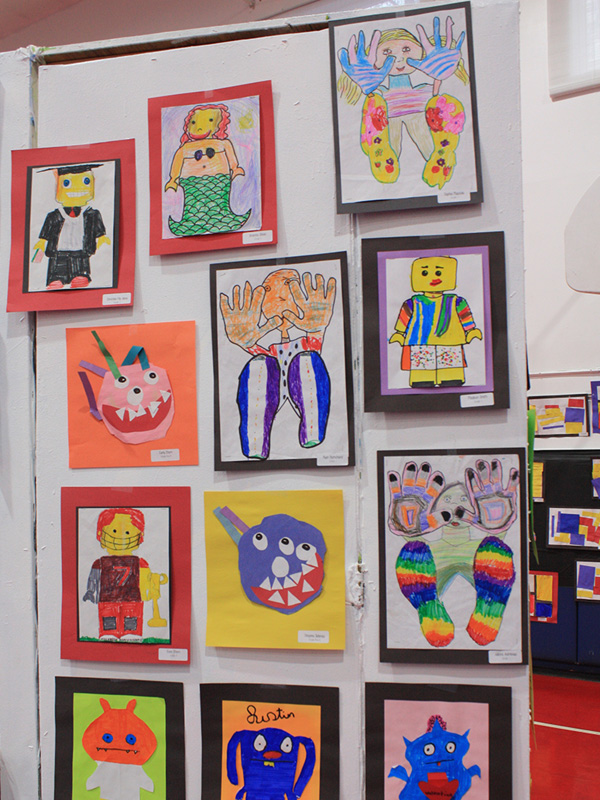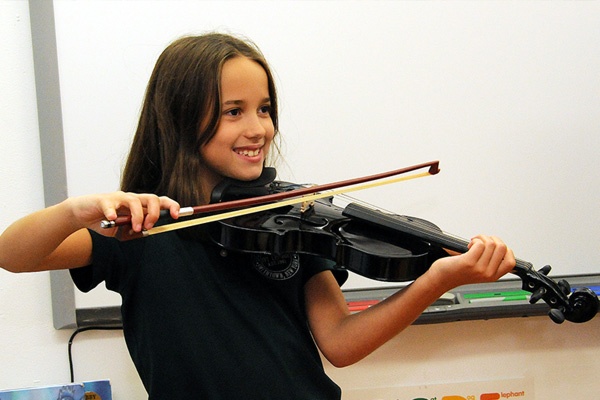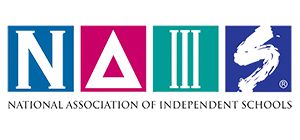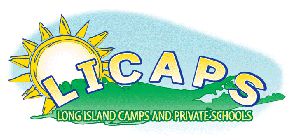Artistic Expression
Ivy League considers education in the arts among one of the most important areas of learning. The school places a strong value on the arts, both as it contributes to cognition and for its own sake. Music making and artistic expression are often lifetime pursuits. As students participate regularly in the arts, they see themselves engaged in personally satisfying work. They have a way of expressing their feelings and ideas in a way that is not word dependent. Through music education, students also learn to develop self-esteem by performing and working collaboratively with others in a group.
Art
A certified art teacher works with students as they learn about important artists and their work, experiment with a variety of medium, and go on to create their own masterpieces. Students learn about and work with color, line, pattern composition, space and texture. Examples of the works of various artists and art of other cultures are often used to illustrate how these elements translate into visual expression. As students progress through the grades, the study of art takes on another dimension as they learn about different eras and cultures. From drawings of the cave people in France, pyramids of Egypt and Greek and Roman columns, to paintings made during the Revolutionary War, art helps students understand people, their history and traditions. Children are provided with a window into the world of art as they discuss illustrations or photos in texts. They also develop their capacities to note details, make inferences and weigh meaning from visual cues. An annual art show, to which all families are invited, gives our students an opportunity to exhibit their work.
Music
Music is a universal language. Singing, chanting, playing a musical instrument or simply listening are vehicles for creative expression, human emotion and lifelong enjoyment. At Ivy League, students in every grade are exposed to a wide range of musical experiences. Children in pre-school begin their formal musical education as “music makers.” Our music specialist guides our preschoolers as they imitate vocals, respond to rhythms and follow movements. She also introduces students to an assortment of musical instruments and familiarizes them with the range of sounds they produce. Music is a regular part of our pre-school schedule, in addition to what is experienced every day in the classroom.
As students move through the grades, they develop an understanding and appreciation of music through singing, listening, playing instruments and building a vocabulary of musical terms specific to their musical experiences. Instrumental music education begins with an optional Suzuki Violin program beginning in Pre-K. From first grade through middle school, a more formal string program is introduced, where students are offered the opportunity to play violin, viola, cello, or bass. As they move through the grades, they become more aware of how the discipline of practice improves performance.
A complete music curriculum is followed throughout the grades in our general music classes. Students learn the elements of formal music notation, become familiar with different musical styles, and explore the works of classical composers.
Many of our students participate in NYSSMA and others are invited to participate in LISFA and SCMEA.
Because of Ivy League’s abiding interest in music, theatre and dance, we take our students to Metropolitan Opera’s dress rehearsals, ballet performances and Broadway. These performances are often followed by backstage visits with performers. Students hear firsthand about the practice and discipline it takes to become a professional musician, singer or dancer.





